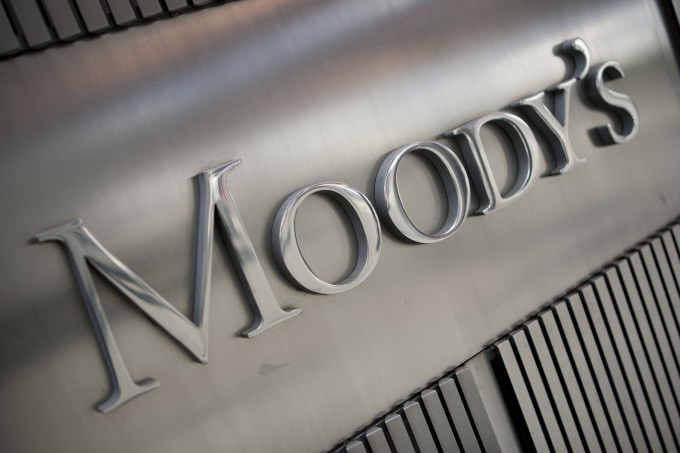
Rating agency Moody’s announced Wednesday that it has upgraded its outlook for Egypt’s banking system to positive from stable.
Moody’s took its decision as the country’s economic growth picks up, supporting credit growth, banks’ profitability and internal capital generation, according to a report published by Moody’s.
Egypt’s inflation rate jumped to 15.4 percent in September, according to statistics, recording its highest level since the beginning of 2018.
“The positive outlook also reflects the strong links between the banks’ and the Government of Egypt’s (B3 positive) improving credit profile. This is due to the large exposure that Egypt’s banks have to the country’s government through investments in securities and loans, which stood at 40% of total banking system assets as of June 2018,” the report added.
Moreover, Moody’s is expecting “real” GDP growth to reach 5.5 percent in 2019 from 4.2 percent in 2017.
The report further added that the capital buffers of Egyptian banks will improve modestly, conceding with an internally generated capital finances loan growth.
“Increased domestic private sector investment, large infrastructure projects, as well as higher exports will drive economic growth and credit demand,” Moody’s Assistant Vice President Melina Skouridou said.
According to the report, loan quality will remain stable, as new lending is tested. Moody’s expects the formation of non-performing loans (NPL) to remain steady, and the NPL ratio to remain broadly unchanged from current levels of around 4.5 percent of total loans as of March 2018, as the improvement in asset quality from legacy exposures dwindles.
“Profitability will remain strong, as rising fees and commissions on new lending will support banks’ pre-provision profit. Loan-loss provisioning will be broadly stable for rated banks,” the report said.
In August, Moody’s upgraded Egypt’s credit outlook rating from “stable” to “positive”, praising a set of economic reforms. A statement published by Moody’s said Egypt is showing structural improvements as the political scene is becoming more stable, not to mention the implementation of an ambitious economic reform plan backed by the International Monetary Fund (IMF).
Earlier in 2016, Egypt devalued its currency by 48 percent, allowing it to float freely, in order to meet a key demand by the IMF and secure a three-year, $12 billion loan to be able to cope up with the country’s “worst economic crisis in decades”. President Abdel Fattah al-Sisi pledged to protect Egypt’s poor from the inflationary fallout that is certain to come with economic reforms.




